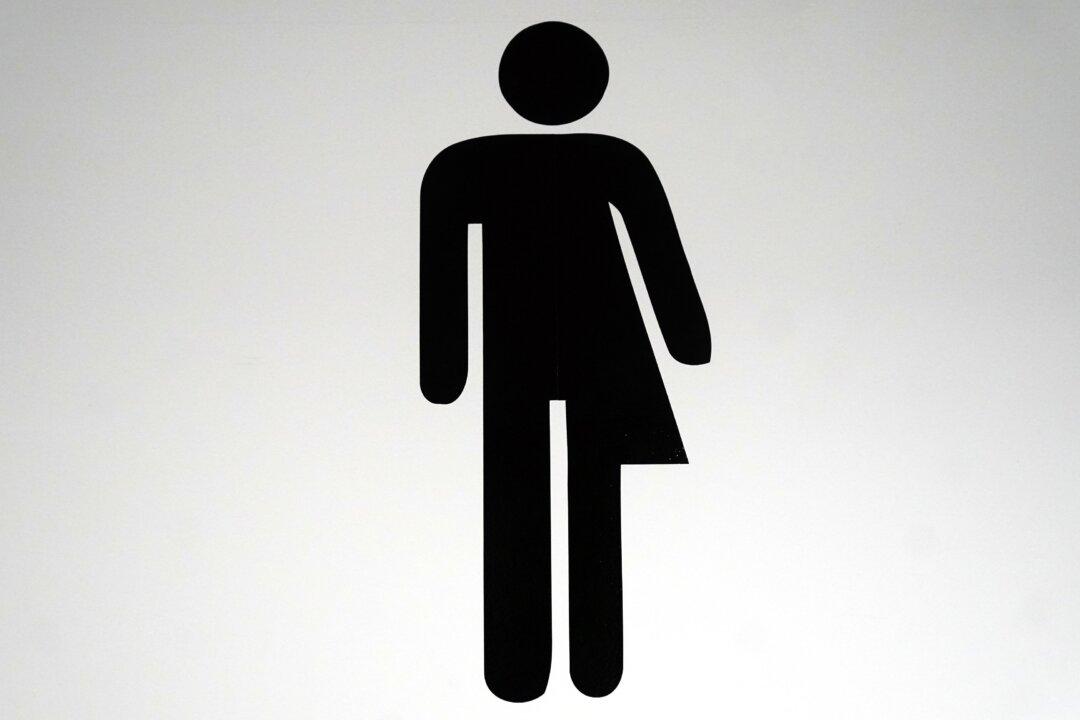The UK’s statistics watchdog is checking the census data on the transgender population following concerns that the result may be skewed owing to misinterpretations of the question on gender identity.
In an email to The Epoch Times on Wednesday, a spokesperson for the Office for National Statistics (ONS) confirmed the office is working with the Office for Statistics Regulation (OSR) on the issue.





